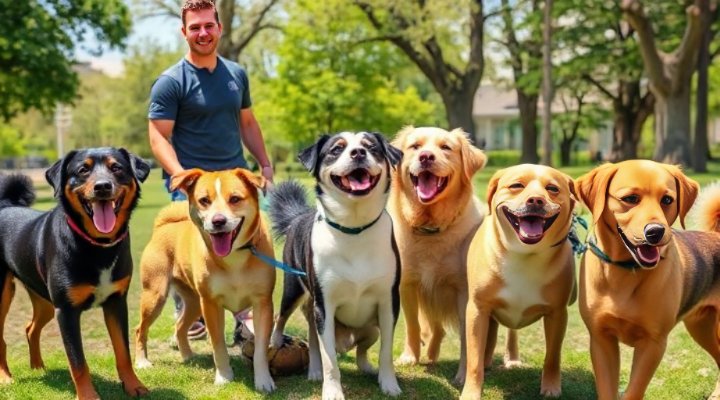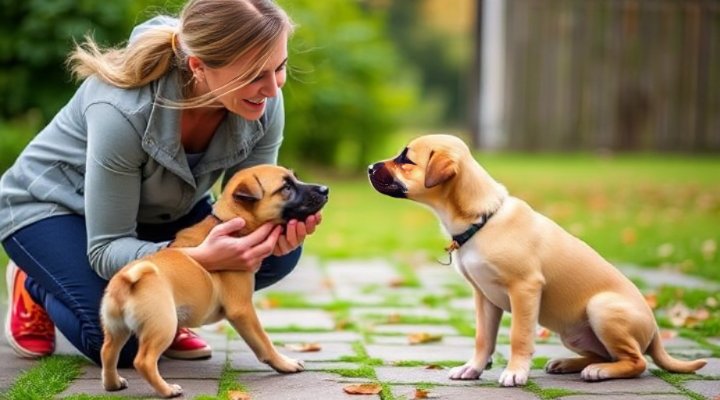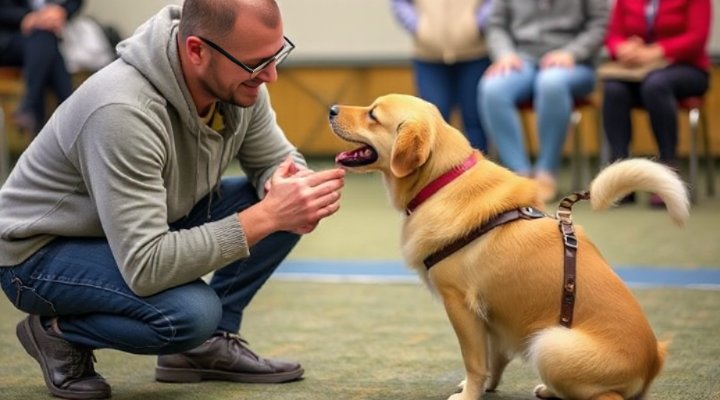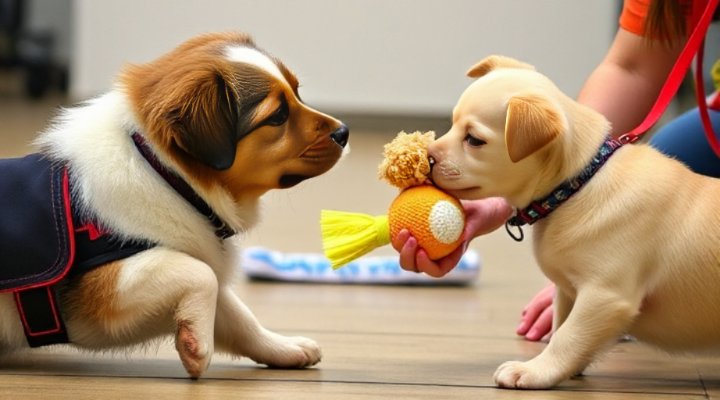Dog socialisation classes are more than just a fun outing for your furry friend—they’re a crucial part of their development. Whether you have a bouncy puppy or a shy adult dog, these classes can work wonders for their confidence and behavior. Let’s dive into why these classes are so important and how they can benefit your dog.

The Importance of Dog Socialisation Classes
Socialisation isn’t just about making friends—it’s about teaching your dog how to navigate the world confidently. Dogs who attend socialisation classes tend to be:
- Less anxious in new situations
- More comfortable around other dogs and people
- Better at reading canine body language
- Less likely to develop behavioral issues
According to the American Veterinary Medical Association, proper socialisation can prevent many common behavior problems. That’s why it’s one of the first things we recommend to new puppy owners in our dog training guides.

What Happens in Dog Socialisation Classes?
These classes are carefully structured to create positive experiences. Typically, you might see:
- Controlled introductions between dogs
- Positive reinforcement for good behavior
- Exposure to different sights and sounds
- Opportunities to practice basic commands in distracting environments
As one trainer from our comprehensive training guide puts it, ‘We’re not just teaching dogs to get along—we’re teaching them how to learn.’

When Should You Start Socialisation?
The prime socialisation window for puppies is between 3-14 weeks, but it’s never too late to start! Adult dogs can absolutely benefit from these classes too. Our herding dog training article shows how even working dogs need social skills.
Remember, socialisation should always be positive. If your dog seems overwhelmed, it’s okay to take a step back. The ASPCA recommends going at your dog’s pace to build confidence.

Finding the Right Class for Your Dog
Look for classes that:
- Have small group sizes
- Use positive reinforcement methods
- Separate dogs by size and temperament
- Have certified trainers
Our stop dog biting guide explains how proper socialisation can reduce unwanted behaviors.
Common Questions About Dog Socialisation Classes
Are these classes safe?
Reputable classes require vaccinations and health checks. They also supervise all interactions closely.
What if my dog is reactive?
Many trainers offer special classes for shy or reactive dogs. Check out our dog therapist guide for more options.
How often should we attend?
Weekly classes combined with daily socialisation opportunities work best.
Remember, every positive interaction builds your dog’s confidence. Whether it’s a quick meet-and-greet at the park or a structured class, these experiences shape your dog’s worldview.
Related keywords: puppy socialisation, dog training classes, canine behavior, dog anxiety solutions, positive reinforcement training

